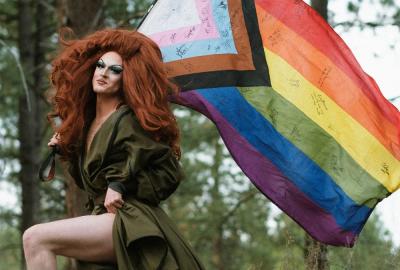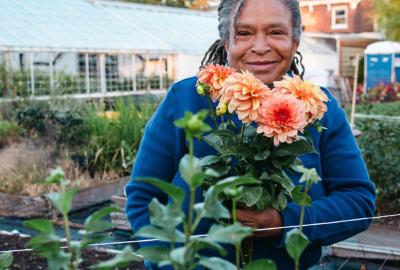
5 environmental books that will give you hope
There’s no doubt that the world is facing multiple crises, all of them intertwined with the perils of a rapidly warming climate. Yet, summer is here, the cherry trees are in bloom, and amazing people are working to save the Earth in myriad ways and then writing books that tell us how to join in.
From cookbooks to personal essays, these five environmental reads will renew your energy with inspiring stories, fresh perspectives and practical tips on how to engage in the climate fight.
Hustle, or get in big trouble
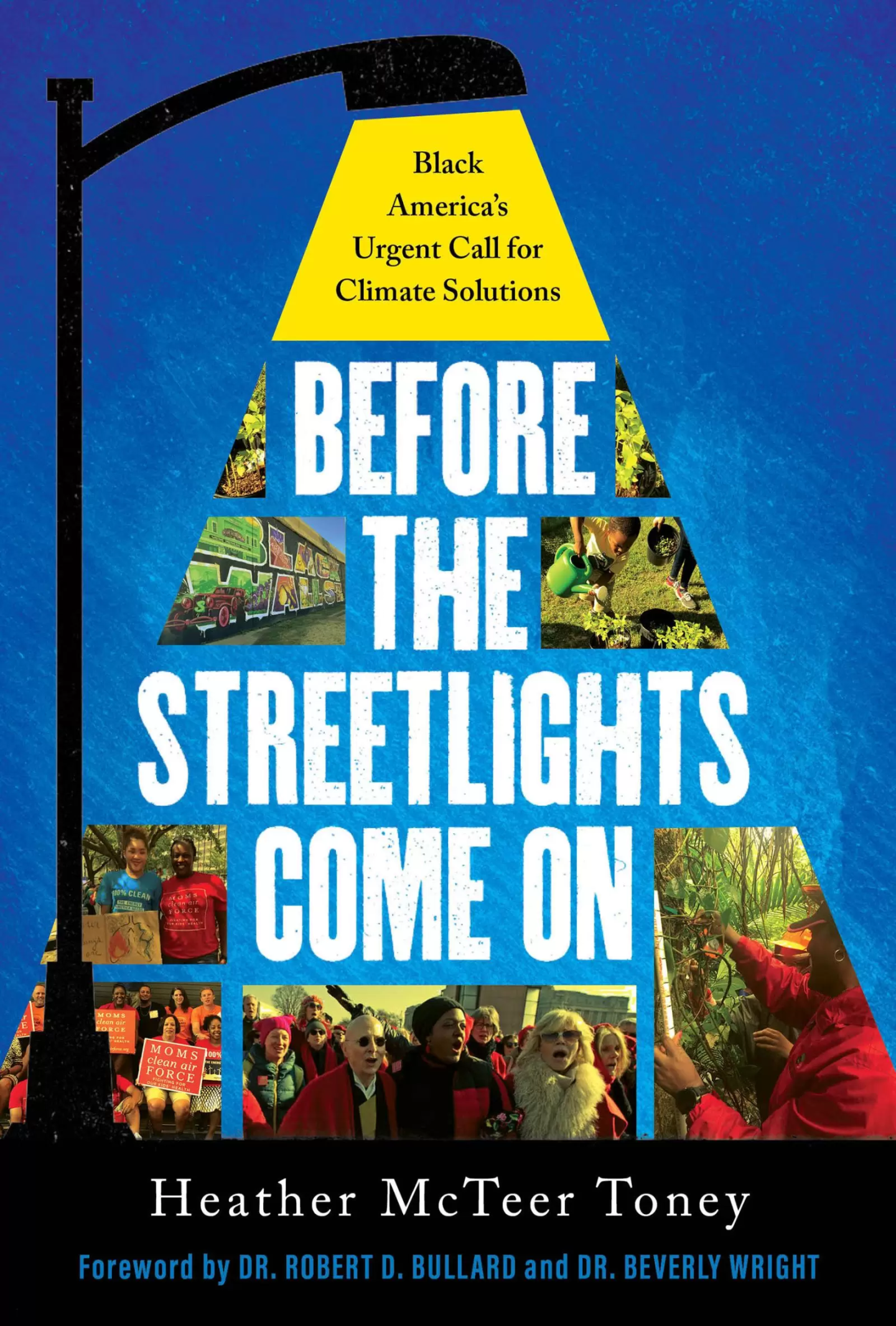
Just like every kid in the neighborhood, Heather McTeer Toney had to make it home every night before the streetlights came on. “We had to hustle or we’d be in big trouble,” says Toney, who led community engagement for Environmental Defense Fund. The same goes now for climate change, Toney explains in her new book. We need to move fast or the consequences will be even more serious than they are now.
With well-earned wisdom and practicality, Toney brings the climate issue out of the atmosphere and down to earth. She discusses the impacts Black Americans face because of society’s failure to act on climate — such as being twice as likely to be hospitalized or die from climate-related health problems as white counterparts. And feeling these impacts firsthand, Toney argues, also means Black communities are among the best suited to lead on climate. “This issue affects every aspect of life for Black America. We need the world, including the Black community, to respond accordingly.”
By Heather McTeer Toney
Listening to the Earth
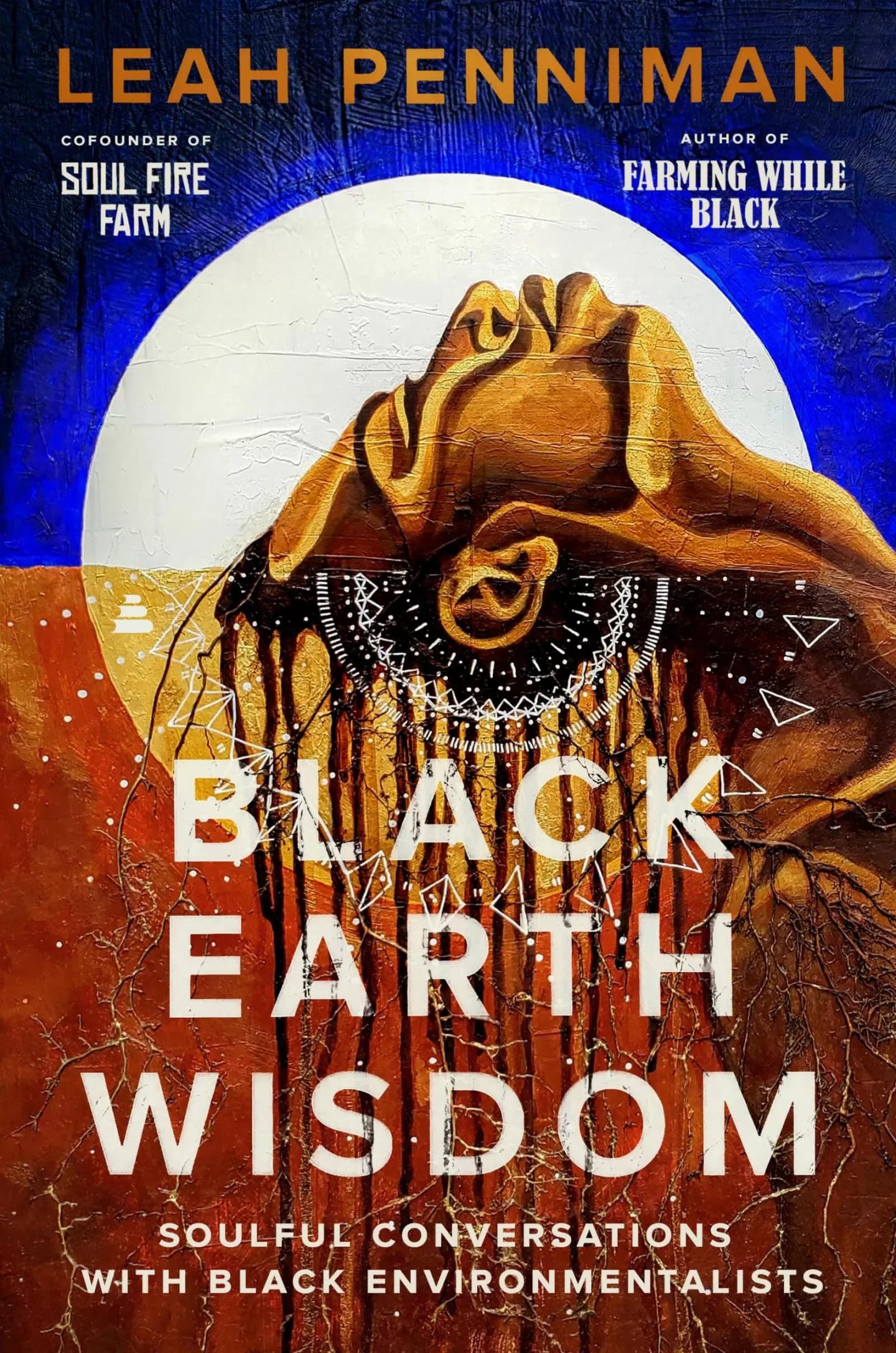
Leah Penniman is the founding co-director of the Afro-Indigenous- centered community farm, Soul Fire Farm, in upstate New York and author of Farming While Black.
In this revelatory book, she talks with more than 30 influential Black environmentalists about spirituality, conservation and more in this collection of interviews.
What a pleasure to bump into the poet Dr. Ross Gay (whose The Book of Delights is equally a delight itself) and the policy expert/marine biologist Dr. Ayana Elizabeth Johnson in the same book!
“Black Earth Wisdom,” explains Penniman, “is a conversation between African diasporic people who are carrying on our ancient ancestral practice of listening to the Earth to know which way to go.”
Edited by Leah Penniman
From despair to hope

We are in a climate emergency, for sure. But there’s much we can do about it.
Solnit summarizes our situation beautifully: “Some days it can feel like you’re the house that caught fire, but you might also turn out to be the firefighter or the water.”
The activist editors and contributors to this collection of essays offer their perspectives about how to live with what’s happening now.
They explore what works in fighting climate change, and how to transform the climate narrative from tales of doom to stories about promise — and in so doing, get more people involving in working toward a positive vision of the future.
Edited by Rebecca Solnit and Thelma Young Lutunatabua
Making the most of leftovers

Wasted food is a climate problem — it produces 8% of the world’s greenhouse gases. The U.S. alone wastes around 160 billion pounds of food every year.
Tamar Adler’s cookbook provides a climate solution you can really sink your teeth into. Adler offers more than 1,500 recipes to use up leftovers and other foods you might be tempted to chuck out — everything from nut butter stuck to the side of the jar to dried-out marshmallows and limp greens.
We don’t need to think about unused food as waste, Adler says. “Until it is squandered,” she wrote recently, “food is food.”
By Tamar Adler
In defense of the natural world
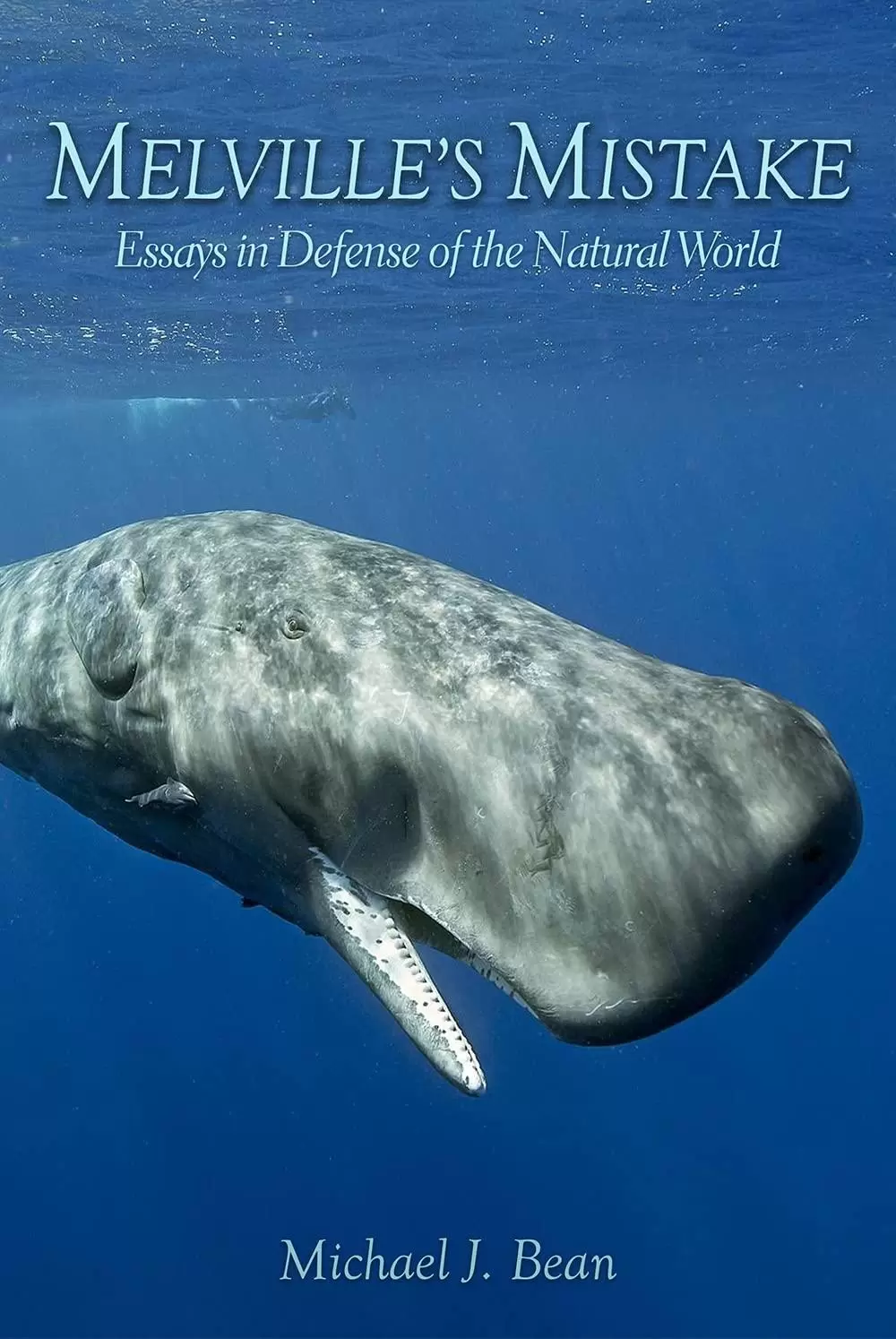
Michael J. Bean graduated from law school in 1973 — the same year Congress passed the Endangered Species Act. He devoted his career, much of it spent at Environmental Defense Fund, to using the law to protect animals and plants from extinction.
This book, which includes decades’-worth of Bean’s writings, talks about those efforts and the strategies of the larger conservation movement, looking at what worked, like national wildlife refuges, and what needs improvement, like some of the ways the Endangered Species Act has unintentionally led to ecosystem destruction on privately owned land.
As Bean says in the introduction: “I have written this book so that a new generation of conservationists and concerned citizens — armed with a clear-eyed understanding of the successes and failures of their predecessors — can better meet the challenge of preserving the earth’s rich biological diversity.”
By Michael J. Bean

